HEALTH
IN THIS MONTH’S EDITION

IN THIS MONTH’S EDITION
INTERESTING HEALTH AND WELLNESS NEWS FROM AROUND THE WORLD
ALSO INCLUDED IN THIS EDITION
LATEST HEALTH NEWS
IS THE EIGHT HOURS OF SLEEP RULE A MYTH?
LIVING WELL WITH CHRONIC CONDITIONS: A COMPREHENSIVE GUIDE
WATERLESS BEAUTY PRODUCTS: THE BENEFITS AND GROWING TREND
COLLAGEN ALTERNATIVES: INVESTIGATING NEW, PLANT-BASED OPTIONS
SPOTLIGHT ON GLOBAL HEALTH INITIATIVES
AND A LOT MORE!



Dear Readers,
Welcome to the August edition of Newgate Health - the monthly magazine that brings you the latest news in the health and wellness world. Our previous issues were a success and we are happy to be back this month with new and interesting content to share with health and wellness enthusiasts.
For this August 2024 edition, the Newgate team has worked hard to bring you the most original and interesting articles on everything health and wellness, including everything you need to know about creating devices for all races as well as unraveling if the eight hours of sleep rule is a myth. You’ll find a range of topics that will hopefully motivate you to hop on the health train with us!
In this edition, we also want to give you insights on the living well with chronic conditions: a comprehensive guide together with topics on waterless beauty products.
As always, we thank all our readers for their interest and valuable feedback, and we look forward to your continuous engagement with our magazine. If you enjoy this magazine, feel free to share it with your friends and colleagues, and any feedback is always welcome.














NOMATTERYOURPROFESSIONORPASTIME, YOUOFTENFINDYOURSELFDEMANDINGMORE.
WEAREANASPIRATIONALSPECIES,ONETHAT THRIVESONSETTINGRECORDSANDSMASHING OUROWNRESULTS–ASWELLASTHOSEOF OURCOMPETITORS.
ATNEWGATE,WEUNDERSTANDHOWENERGY WORKS.EACHHYDRAULICSFLAVOURISA CAREFULCONCOCTIONTHATBLENDSFLAVOUR ANDFEROCITYINTOAPERFECTMEDLEY.
THERESULTISADELICIOUSDRINKTHAT ENABLESYOUTODELIVERMORE.







NEWGATE USES ITS OWN DEDICATED LABS TO PROVIDE OUR CONSUMERS WITH NOTHING BUT WORLD-CLASS PRODUCTS.



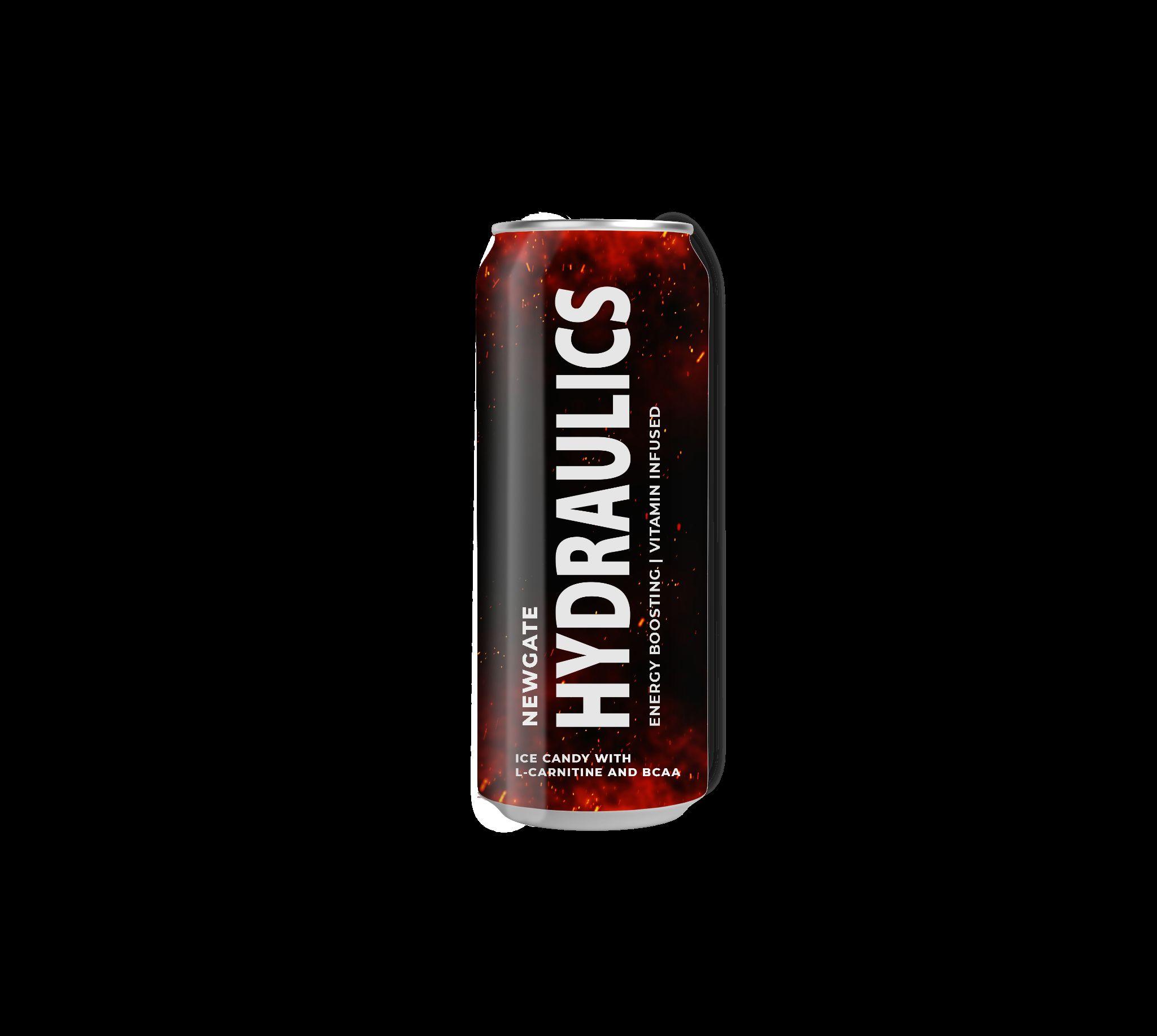






- Bias Mitigation: Implement algorithms and techniques to identify and mitigate biases in data and device performance.
- Localization: Develop devices that support multiple languages and dialects, and are adaptable to various cultural contexts.
- Cultural Sensitivity Training: Educate designers and engineers about cultural differences and encourage the inclusion of cultural consultants in the development process.
- Diversity Metrics: Establish industry standards and metrics for diversity in device design and testing.
- Certification Programs: Create certification programs for devices that meet high standards of inclusivity and equity.
Case Study 1: Google’s Project Inclusive Camera
Google’s initiative to improve camera technology to accurately capture images across all skin tones is a prime example of addressing racial biases in device design. By collaborating with a diverse group of photographers and

experts, Google developed algorithms that better recognize and represent darker skin tones.
Microsoft’s Inclusive Design provides guidelines and resources for designing products that are accessible to everyone. This toolkit emphasizes the importance of understanding and addressing needs of diverse user groups throughout the design process.
Creating devices for all races is not just a moral imperative but also a business necessity in our increasingly diverse world. By adopting inclusive design principles, leveraging diverse data sets, and fostering a culture of inclusivity, the tech industry can ensure that its products are accessible and equitable for everyone. This approach not only enhances user experience but also drives innovation and growth by opening up new markets and opportunities.










Fall in proportion of IVF cycles funded by NHS
Doctor warns we are drinking coffee wrong and making ourselves ill
The proportion of IVF cycles funded by the NHS has dropped from 40% in 2012 to 27% in 2022, the UK fertility regulator says.
The Human Fertilisation and Embryology Authority (HFEA) says funding for in-vitro fertilisation treatment varies "considerably" across the UK.
Its latest data also shows people starting IVF later - with the average age for first-time treatment now over 35.
The success rate declines with age, it warns, and early access to treatment is crucial.
Read more on BBC
Exercise greatly benefits brain health, improving cognition, mood and reducing the risk of neurodegenerative diseases. Several new studies have demonstrated the profound impact of exercise on various biological systems, further explaining its ability to enhance health and fight disease. In this Special Feature, we explore the most recent research on how exercise can protect brain health as we age.
Read more on Medical News Today
A top doctor has warned that we're all making a major mistake when it comes to our morning cup of joe. And it could be wreaking havoc on our health.
Dr Saurabh Sethi, a Harvard-educated gastroenterologist with a TikTok following of 358,900, is no stranger to sharing his medical wisdom online. Now he's shared some key thoughts on why drinking coffee is so good for you - as long as you follow his advice.
Read more on Mirror


existing heart conditions and did not smoke or vape tobacco, a new study found. While both daily and non-daily users had an increased risk of heart attack and stroke compared to nonusers, stroke risk rose 42% and the risk of heart attack rose 25% if cannabis was used daily, the study found.
Read more on CNN
Certain remedies, such as staying hydrated, using a humidifier, and taking over-the-counter decongestants can all help ease excess phlegm in your throat or chest. Phlegm is that thick, sticky stuff that hangs around in the back of your throat when you’re sick. At least that’s when most people notice it. But did you know that you have this mucus all the time?
Read more on Healthline
and repelling mosquitos, but no research supports these.
Vicks VapoRub is a mentholated ointment made by the United States household and personal care manufacturer Procter & Gamble.
People are still inventing uses for it — some of which are backed by science and others that are (so far) unstudied.
Read more on Healthline


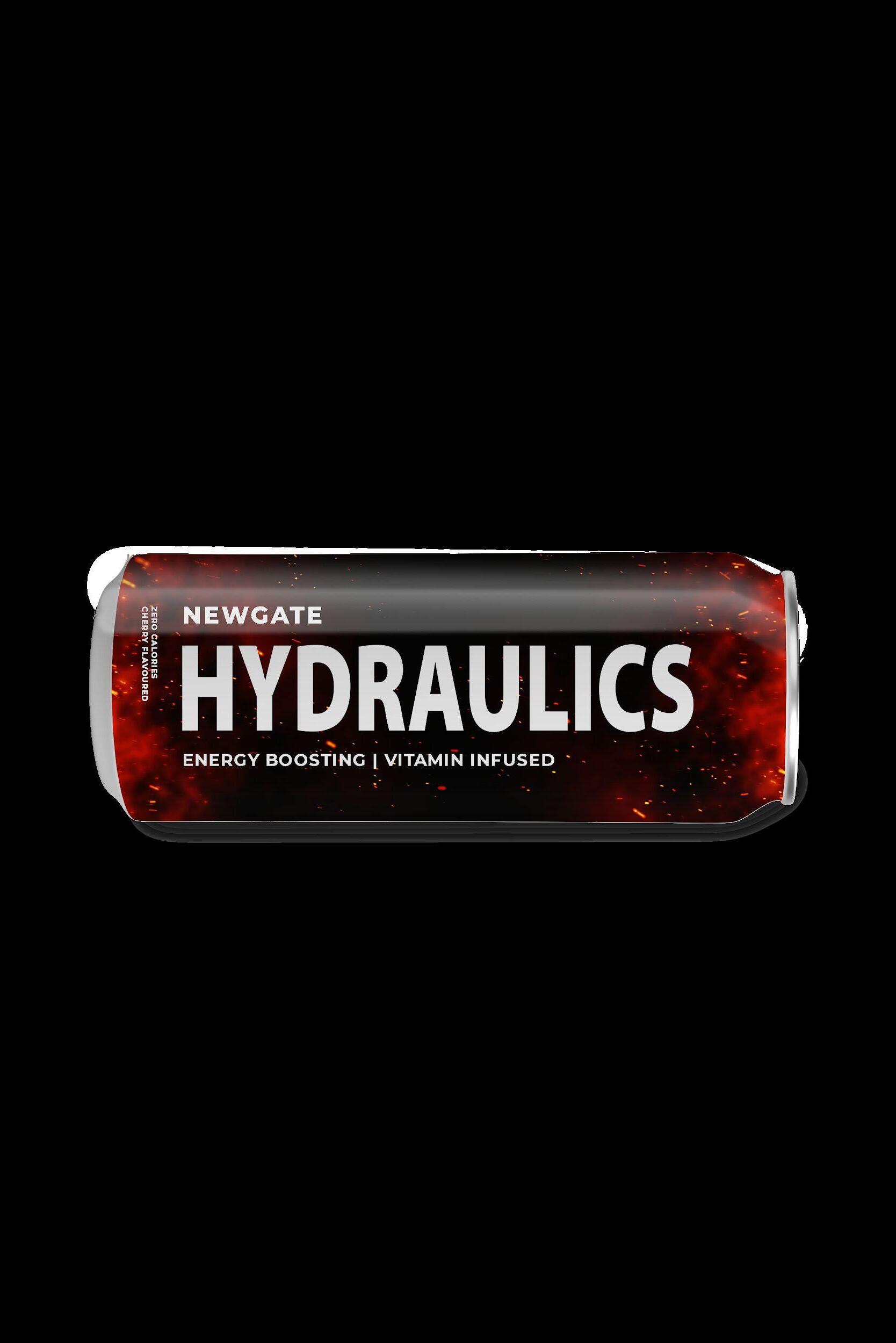


ATNEWGATE,WEHOLDDECADESOFCOLLECTIVE EXPERIENCEINCREATINGCONSUMABLESTHAT ADDRESSTHEDEMANDSOFTHEPUBLICWHILE PROTECTINGTHEIRHEALTH.
HYDRAULICSISNOTJUSTANOTHERENERGYDRINKTO BEFOUNDINYOURLOCALSHOP.EACHFLAVOURIS CAREFULLYCONCOCTEDUSINGTHELATEST INNOVATIONSANDINCLUDESZEROJUNK.
WHENYOU’REPERFORMINGATTHEEDGEOF POSSIBILITY,YOUCANNOTPUTANYOLDCRAPINYOUR BODY.OURDRINKSAREASNATURALASTHEYCANBE, CONSIDERINGTHEMONSTROUSPOWERTHEYPROVIDE.
DRINKRESPONSIBLY–THERE’SALOTOFPOWERIN EACHCAN!

LIVING WELL WITH CHRONIC CONDITIONS: A COMPREHENSIVE GUIDE

Chronic conditions, such as diabetes, arthritis, heart disease, and asthma, are long-lasting health issues that often require ongoing management and care. Living well with these conditions involves more than just medical treatment; it encompasses a holistic approach to health, lifestyle adjustments, and emotional well-being. Here’s how individuals can thrive despite chronic health challenges.
Chronic conditions are typically characterized by their persistent nature, often lasting for months or even a lifetime. Unlike acute conditions, which have a rapid onset and a short duration, chronic diseases require long-term management to control symptoms and prevent complications. Common chronic conditions include:
- Diabetes: A condition that affects how the body processes blood glucose.
- Arthritis: A group of diseases causing joint pain and inflammation.
- Heart Disease: Includes various heart conditions, such as coronary artery disease.
- Asthma: A respiratory condition that causes difficulty breathing due to inflamed airways.
Understanding one’s condition is crucial. Education empowers individuals to manage their health effectively. This includes:
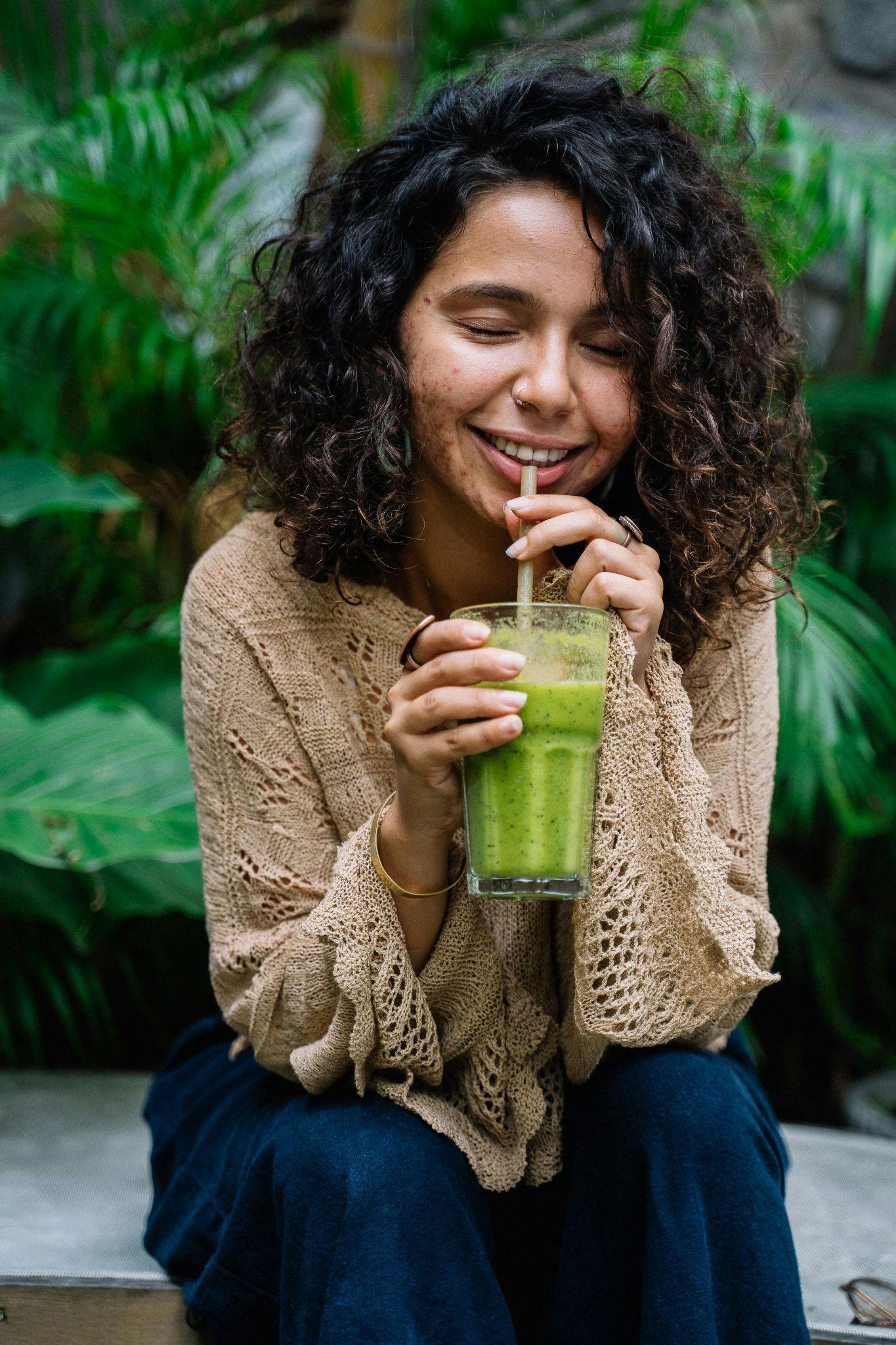

- Learning about the Condition: Knowing the symptoms, potential complications, and treatment options.
- Monitoring Health: Regularly checking blood sugar levels, blood pressure, or other relevant health indicators.
- Medication Adherence: Following prescribed treatment regimens accurately.
Adopting a healthy lifestyle can significantly improve the quality of life for those with chronic conditions.
- Balanced Diet: Eating a nutritious diet that supports overall health and is tailored to manage specific conditions. For example, a low-sodium diet for heart disease or a low-carb diet for diabetes.
- Regular Exercise: Engaging in appropriate physical activities that improve strength, flexibility, and cardiovascular health. Consult with healthcare providers to tailor exercise plans to individual capabilities and limitations.
- Adequate Sleep: Ensuring sufficient rest to help the body repair and regenerate
Mental health is as important as physical health in managing chronic conditions.
- Stress Management: Techniques such as meditation, yoga, and deep-breathing exercises can help manage stress.
- Support Systems: Building a strong network of family, friends, and support groups who understand and can provide emotional support.
- Professional Help: Seeking counseling or therapy when needed to cope with the emotional toll of chronic illness.
Consistent medical supervision is essential for managing chronic conditions.
- Routine Check-ups: Regular visits to healthcare providers to monitor the condition and adjust treatments as necessary.
- Preventive Care: Vaccinations, screenings, and preventive measures to avoid complications.
- Specialist Consultations: with specialists who can provide targeted care for specific conditions..
5. Use of Technology
Technology can be a valuable tool in managing chronic conditions.
- Health Apps: Mobile apps that track health metrics, medication schedules, and provide reminders.
- Telemedicine: Virtual consultations with healthcare providers for convenience and timely medical advice.




Everything you've ever wanted is sitting on the other side of fear.
Those who have no time for healthy eating will sooner or later have to find
All our dreams can come true, if we have the courage to pursue them.
The ability to be in the present moment is a major component of
Do one thing every day that scares
Without hustle, talent will only carry
Early to bed and early to rise makes a man healthy, wealthy, and wise.


In recent years, the beauty industry has witnessed a significant shift towards sustainability and innovation. Among the most notable trends is the rise of waterless beauty products, which are reshaping the landscape of skincare and makeup. These formulations, which minimize or completely eliminate the use of water, offer a multitude of benefits and reflect a growing consumer preference for environmentally friendly and effective beauty solutions.
1. Enhanced Efficacy and Potency Waterless beauty products are often more concentrated than their traditional counterparts. Without water as a filler, the formulations can contain higher percentages of active ingredients, leading to increased efficacy. This potency allows consumers to achieve better results with smaller quantities of product. For example, waterless serums and creams can deliver intense hydration and nourishment without the need for dilution, making them more effective in addressing specific skin
Water is a common breeding ground for bacteria and mold, necessitating the use of preservatives to ensure product safety. By eliminating water, waterless formulations reduce the need for synthetic preservatives, resulting in cleaner and more stable products. This naturally extends the shelf life of the products, reducing waste and offering consumers longer-lasting skincare and makeup solutions.
The beauty industry's environmental impact is a growing concern, with water consumption and plastic waste being major issues. Waterless beauty products contribute to sustainability in several ways. Firstly, they reduce the demand for water, a precious and increasingly scarce resource. Secondly, the concentrated nature of these products often means less packaging and reduced carbon footprint during transportation. Brands are also innovating with biodegradable and minimal packaging, further decreasing environmental harm.
Waterless products, such as solid shampoos, bar cleansers, and powder masks, are incredibly travel-friendly. Their compact, spill-proof nature makes them ideal for on-the-go use, eliminating the hassle of liquid restrictions during air travel. This convenience appeals to the modern consumer who values both efficacy and practicality in their beauty routines.
The shift towards waterless beauty products is driven by a combination of consumer awareness, technological advancements, and industry commitment to sustainability.
Today's consumers are more informed and conscious about the ingredients in their beauty products and their

environmental impact. There is a growing preference for clean, green, and sustainable beauty solutions. Waterless formulations align perfectly with this demand, offering a responsible choice without compromising on performance.
Advances in formulation technology have enabled the creation of sophisticated waterless products. Innovative delivery systems and new preservation techniques allow brands to develop high-performance products that meet consumer expectations for quality and safety. From emulsifying powders that transform into creamy cleansers when activated by water to oil-based serums that provide deep nourishment, the possibilities are expanding rapidly.
Many beauty brands are pledging to reduce their environmental footprint and are exploring waterless formulations as a viable solution. This commitment is not only driven by consumer demand but also by a genuine effort to promote sustainability within the industry. Pioneering brands are setting new standards and inspiring others to follow suit, leading to a broader adoption of waterless beauty products.
Waterless beauty products represent a significant and positive shift in the beauty industry, combining enhanced efficacy, longer shelf life, and environmental sustainability. As consumer awareness and demand for sustainable beauty solutions continue to grow, the trend of waterless formulations is likely to gain even more momentum. With technological advancements and industry commitment paving the way, waterless beauty products are set to become a staple in our daily skincare and makeup routines, offering a powerful and responsible alternative for the eco-conscious consumer.




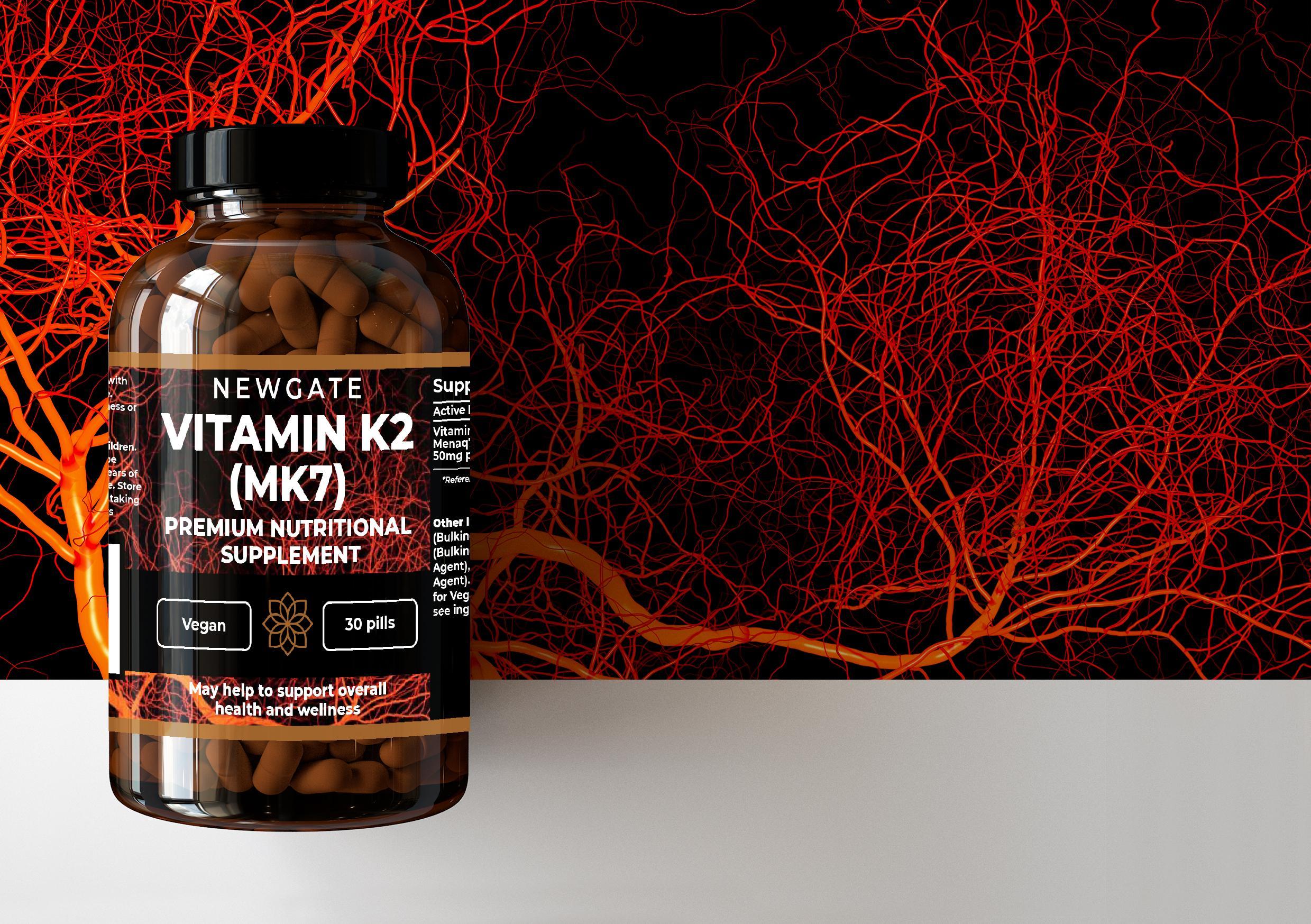



COLLAGEN ALTERNATIVES: INVESTIGATING NEW, PLANT-BASED OPTIONS

Collagen, a protein integral to the health of skin, hair, nails, and joints, has become a popular supplement for those seeking to maintain youthful skin and strong connective tissues. Traditionally sourced from animal products such as bovine, porcine, or marine sources, collagen supplementation poses ethical and dietary concerns for vegetarians, vegans, and those following specific religious dietary laws. The quest for effective plant-based alternatives to traditional collagen has gained momentum, driven by consumer demand for ethical, sustainable, and health-conscious options.
Collagen is composed of amino acids, primarily glycine, proline, and hydroxyproline. These amino acids are the building blocks for collagen production in the body. Unlike animal-based collagen, plant-based alternatives do not contain collagen per se but provide the necessary nutrients to support the body's own collagen synthesis.
1. Amino Acid-Rich Plants:
- Soy and Soy Derivatives: Soy products, such as tofu and tempeh, are rich in glycine and proline. Soy protein isolate, in particular, is often used in supplements aimed at boosting collagen production.
- Legumes: Beans, lentils, and chickpeas are excellent sources of proteins and amino acids that contribute to collagen synthesis.


- Leafy Greens: Spinach, kale, and other leafy greens are high in vitamin C, a crucial cofactor for collagen production. They also contain chlorophyll, which some studies suggest may stimulate collagen production.
- Berries and Citrus Fruits: These fruits are rich in antioxidants and vitamin C, both of which protect existing collagen from damage and promote new collagen formation.
- Spirulina and Chlorella: These blue-green algae are rich in amino acids, iron, and vitamins, making them potent supplements for enhancing collagen synthesis.
- Seaweed Extracts: Seaweeds are not only rich in vitamins and minerals but also contain compounds like fucoidan that support skin health and potentially boost collagen levels.
- Herbal Extracts: Herbs like horsetail, known for its high silica content, and ginseng, which has anti-aging properties, are increasingly incorporated into plant-based collagen supplements.
- Functional Mushrooms: Varieties such as reishi, shiitake, and tremella are noted for their skin-health benefits and ability to support the body's collagen production.
The market for plant-based collagen alternatives is expanding rapidly, with numerous brands developing innovative products that cater to the growing demand. These supplements often combine multiple plant sources to create comprehensive formulations that not only support collagen production but also provide additional health benefits, such as improved skin hydration and elasticity.
As awareness of ethical, sustainable, and health-conscious living grows, so too does the interest in plant-based collagen alternatives. While these alternatives do not directly replace animal-derived collagen, they provide the essential nutrients needed for the body to produce its own collagen. By harnessing the power of plants, consumers can enjoy the benefits of collagen supplementation in a way that aligns with their values and dietary preferences. The future of collagen supplementation is not just animal-free but also packed with the holistic benefits of plant-based nutrition.







In an increasingly interconnected world, the importance of global health initiatives cannot be overstated. These efforts are pivotal in addressing health disparities, controlling disease outbreaks, and improving overall health outcomes across nations. By focusing on collaboration, innovation, and sustainability, global health initiatives strive to create a healthier, more equitable world.
One of the primary focuses of global health initiatives is combating infectious diseases. Organizations like the World Health Organization (WHO) and the Centers for Disease Control and Prevention (CDC) have been instrumental in controlling outbreaks of diseases such as Ebola, Zika, and most recently, COVID-19. Vaccination campaigns, public health education, and rapid response teams are critical components in these efforts. For instance, the Global Polio Eradication Initiative (GPEI), a public-private partnership, has made significant strides towards eliminating polio worldwide, with cases decreasing by over 99% since its inception in 1988.
While infectious diseases often capture headlines, non-communicable


diseases (NCDs) like diabetes, heart disease, and cancer are responsible for the majority of global deaths. Initiatives such as the WHO's Global Action Plan for the Prevention and Control of NCDs aim to reduce premature deaths from NCDs by promoting healthy lifestyles, improving healthcare access, and enhancing surveillance systems. Additionally, mental health, often a neglected aspect of healthcare, is gaining attention. Programs like the WHO’s Mental Health Gap Action Programme (mhGAP) work to scale up services for mental, neurological, and substance use disorders, especially in low-resource settings.
Improving maternal and child health remains a critical priority. The United Nations’ Every Woman Every Child initiative exemplifies a comprehensive approach, mobilizing global action to address the major health challenges faced by women, children, and adolescents. Through this initiative, significant progress has been made in reducing maternal and child mortality rates by enhancing access to quality healthcare, nutrition, and education.
Innovation and partnerships are at the heart of successful global health initiatives. Advances in technology, such as mobile health (mHealth) applications, are transforming the delivery of healthcare services, particularly in remote and underserved areas. Public-private partnerships, such as Gavi, the Vaccine Alliance, have proven effective in pooling resources and expertise to improve vaccine distribution and immunization rates worldwide.
Global health initiatives are intrinsically linked to the United Nations’ Sustainable Development Goals (SDGs), particularly Goal 3: Ensure healthy lives and promote well-being for all at all ages. Achieving this goal requires a multi-faceted approach that includes addressing social determinants of health, such as poverty, education, and environmental factors. Initiatives the Global Fund to Fight AIDS, Tuberculosis and Malaria exemplify the collaborative effort needed to tackle complex health issues and achieve sustainable progress.
The spotlight on global health initiatives highlights the critical need for a unified and sustained effort to tackle the world's most pressing health challenges. Through international cooperation, innovative solutions, and a commitment to equity, these initiatives pave the way for a healthier future for all.





GATEPOWER THE RIGHT KIND OF ENERGY


SAYNOTOMEDIOCRITYANDGRASPYOURDAYBYTHEHORNSWITH HYDRAULICS.
SUGARANDADDITIVES-FREE,BRIMMINGWITHNOURISHING INGREDIENTS,HYDRAULICSISTHESCIENTIFICALLY-BACKED DRINKABLEDOMINATIONFORTHETHRILL-SEEKERSAND ALL-NIGHTERS,PARTYANIMALSANDGYMFREAKS.
CELEBRATEOURUNIFYINGDRIVETOPERFORMATOURMOST POWERFULANDACCENTUATEYOURADRENALINEWITHHYDRAULICS’ TERRIFIC-TASTINGTECTONICPOWER.
OUTRUNTHEREST.BETHEBEST.










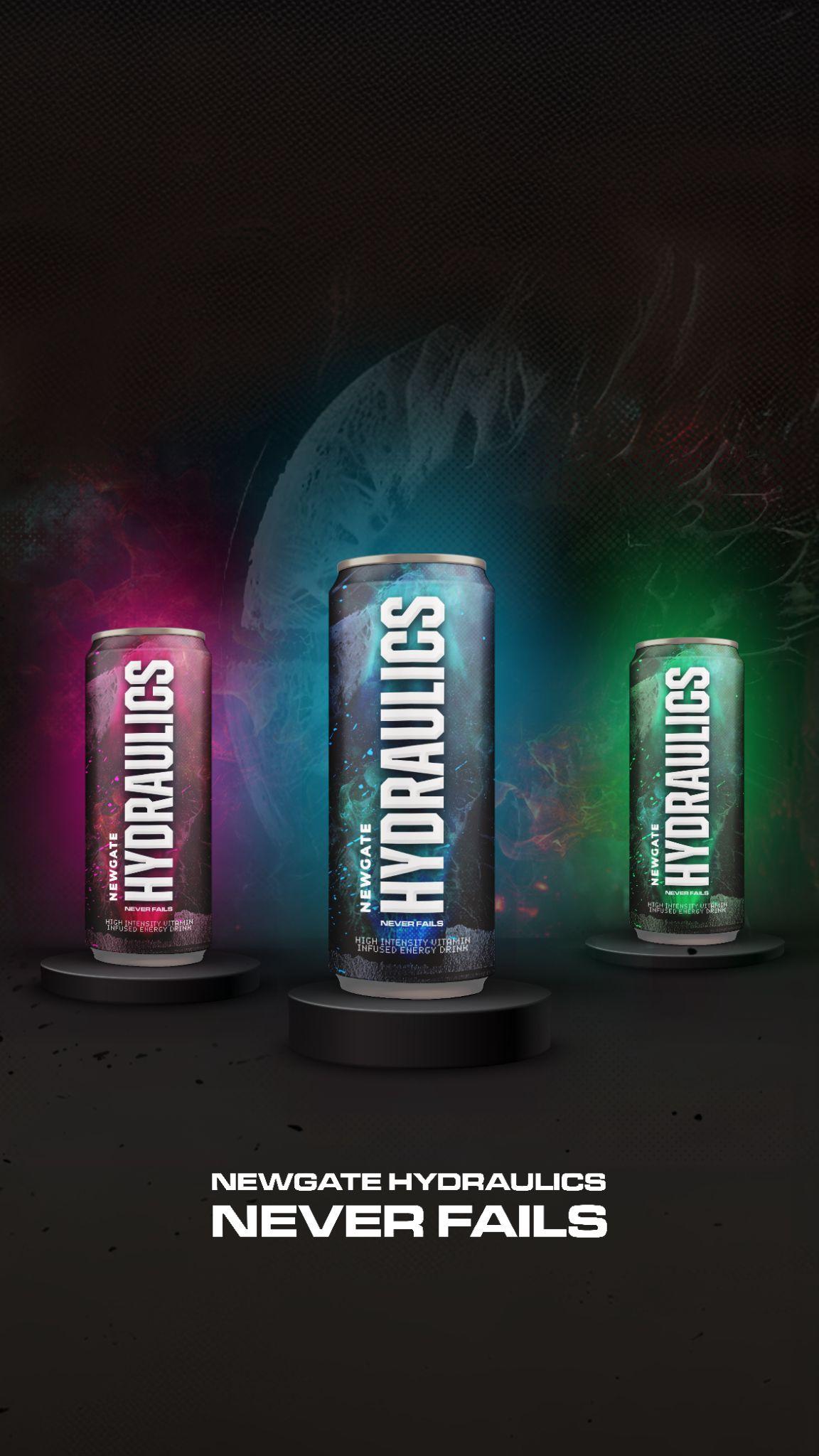



AMBINTERNATIONALestunesociété algérienneactivedansledomainedes complémentsalimentairesetproduits
Adresse:RN04ORAN-TLEMCEN,local03, lesamandiers,ORAN,ALGÉRIE


WespecialiseinthePalestinianmarketandaspiretobeoneof themostspecialisedandfastest-growingcompaniesin Palestine.Ourcompanyboastsaprofessionalstaffwith extensiveexperienceinourfield.Wearetheagentfor NewgateLabsUKinPalestineandarededicatedtomaking theirproductstheleadingbrandinthecountry.





















Located in Rainham, Kent, Associated Veterinary Services is a Royal College of Veterinary Surgeons (RCVS) registered veterinary practice, specialising in the export health certification of products that are of animal origin and live animals. It provides veterinary Inspections of commodities for export, legal advice relating to export certifications, and technical support relating to import permits and export procedures. Furthermore, AVS also provide comprehensive education training which teaches exporters how to obtain highly valued import permits, and helps them discover new export opportunities. Led by its founder and owner, veterinary surgeon Doctor Veneta Kozhuharova (DVM, MRCVS, Cert. CFVHNut), AVS delivers its services nationwide.
The practice’s strong and versatile team consist of Animal and Plant Health Agency (APHA) approved and highly experienced veterinarians, alongside support certification officers. As a team, they have successfully certified thousands of consignments of products that are of animal origin, and animal by-products. Catering to individuals, and multinational organisations, AVS serves a vast array of industry sectors, including retail, food, pet food, leather, taxidermy, and laboratory and research institutions. The company focuses on delivering a high quality and reliable export service, customised to the client’s business needs where necessary. It has a multitude of experience working to extremely tight deadlines, and frequently accommodates clients that are in that type of scenario – displaying complete flexibility.
In November 2021, AVS introduced export certification of pet horses, race horses, and commercial exports such as zoo ungulates. In January 2022, AVS launched Small Animal Export Certifications, which will include pet travel and commercial exports, including zoo animals. By launching new services, AVS continues to develop its reputation as reliable organisation within the animal health industry. Its talented team have a breadth of expertise and knowledge, and works closely with businesses to simply the certification process."

Associated Veterinary Services Limited, 24A Longley Road, Cranford House, Rainham, Kent, ME8 7RU T 07401983491
info@associatedvetservices.co.uk www.associatedvetservices.co.uk



From ideation to bottling, every Wonderful product is created right here in the UK at our innovative facility.
Aligned with all national standards and safety regulations, Wonderful takes best practices seriously and pledges never to use any substandard ingredient or process. Your skin deserves that much! www.WeAreWonderful.co.uk


We create and deliver quality products that enrich both inner and outer beauty – that is our mission. We believe that if you start with wellness and mindfulness, you can also achieve self-confidence and balance; the precursors to radiant beauty.
Our ethical, fair trade company believes in the old Latin saying, “Mens Sana in Corpore Sano,”“a healthy mind in a healthy body;” and we take a holistic approach towards helping you achieve this goal. Leading from this, Newgate’s products encompass a range of natural-based, efficient supplements, all manufactured, tested, and packaged in the UK.
www.newgate.org.uk info@newgate.org.uk
Newgate Labs Ltd.
HEAD OFFICE 71-75 Uxbridge Road
London W5 5SL
United Kingdom
WAREHOUSE AND DISTRIBUTION 55 Lombard Rd
London SW11 3RX
United Kingdom
Office: +44 (0) 207 228 6051 Mobile: +44 (0) 7493 203305